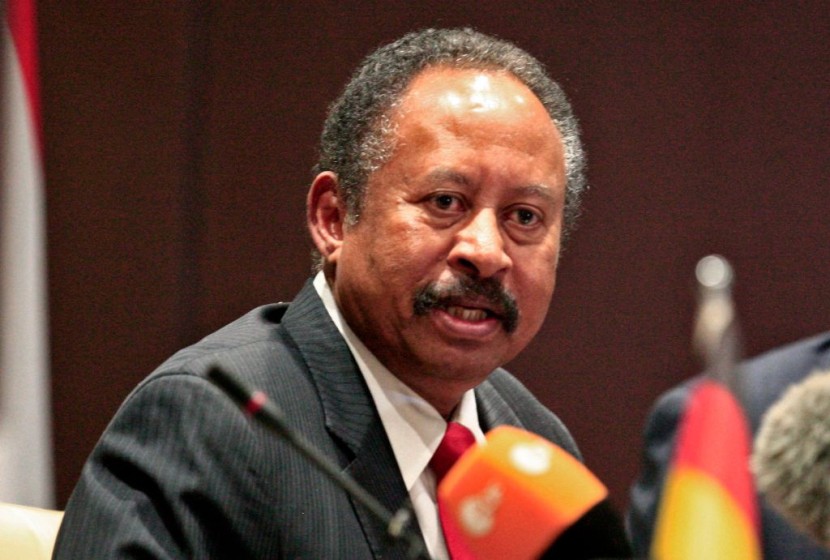
Sudanese Prime Minister Abdalla Hamdok believes that his decision to resign from his role would pave the way for a new leader to complete the country's transition to a civilian democratic country.
However, Hamdok did not reveal the identity of his successor during Sunday's announcement.
According to reports, Hamdok is a former United Nations official who is seen as the civilian face of Sudan's transitional government. He was reinstated as prime minister in November following an October coup.
However, Hamdok was unable to name a Cabinet during the short span of time.
Hamdok's decision to resign throws Sudan into political uncertainty amid the country's economic and security challenges.
Abdalla Hamdok releases statement
During his speech on Sunday, Hamdok called for a dialogue to agree on a national charter and to draw a roadmap to complete the transition of the country to democracy.
The prime minister also acknowledged that his efforts to bridge the gap and settle disputes among the political forces did not materialize.
"I tried as much as I possibly could to prevent our country from sliding into a disaster. Now, our nation is going through a dangerous turning point that could threaten its survival unless it is urgently rectified," he said via the Huffington Post.
Abdalla Hamdok failed to deliver
According to the BBC, civilian and military leaders previously made a power-sharing agreement following the coup in October. At the time, Hamdok was placed under house arrest.
Under the agreement reached last month, Hamdok was supposed to lead a cabinet of technocrats until next year's election.
However, not everyone was on board with Hamdok returning to office. In fact, countless protests took place with demonstrators saying that the prime minister's reinstatement legitimized the military takeover.
As of press writing, more than 50 people have already been killed during the protests.
Abdalla Hamdok's resignation could unify Sudan
According to Al Jazeera, Hamdok's decision to resign from his post didn't come as a surprise to most people. After all, it was only a matter of time before the prime minister made the important decision.
Prior to his announcement, there were also countless rumors claiming that Hamdok was planning his resignation.
Kholood Khair, the managing partner of the Khartoum-based Insight Strategy Partners, said that Hamdok's plans to resign were already circling his office even before the coup in October.
Khair said that what's surprising is how Hamdok managed to last in his post for weeks considering that he refused to make compromises.
Muhammad Osman, an independent analyst from Sudan, echoed Khair's statement. He said that the prime minister's resignation came later than expected.
If Hamdok received the support that he needed following the Nov. 21 deal, he would've stayed in office. But since he was reinstated, 12 cabinet members already resigned.
The political parties also felt as though it was better for them to start or attend the protests instead of supporting Hamdok ahead of next year's election. So, the prime minister ended up isolated and without a government.
Sources are also confident that his decision to resign is what will unify the country.
Related Article: Abdalla Hamdok Reinstated as Sudan's Prime Minister Following House Arrest, Signs Several Agreements With Military Chief Abdel Fattah Al-Burhan








